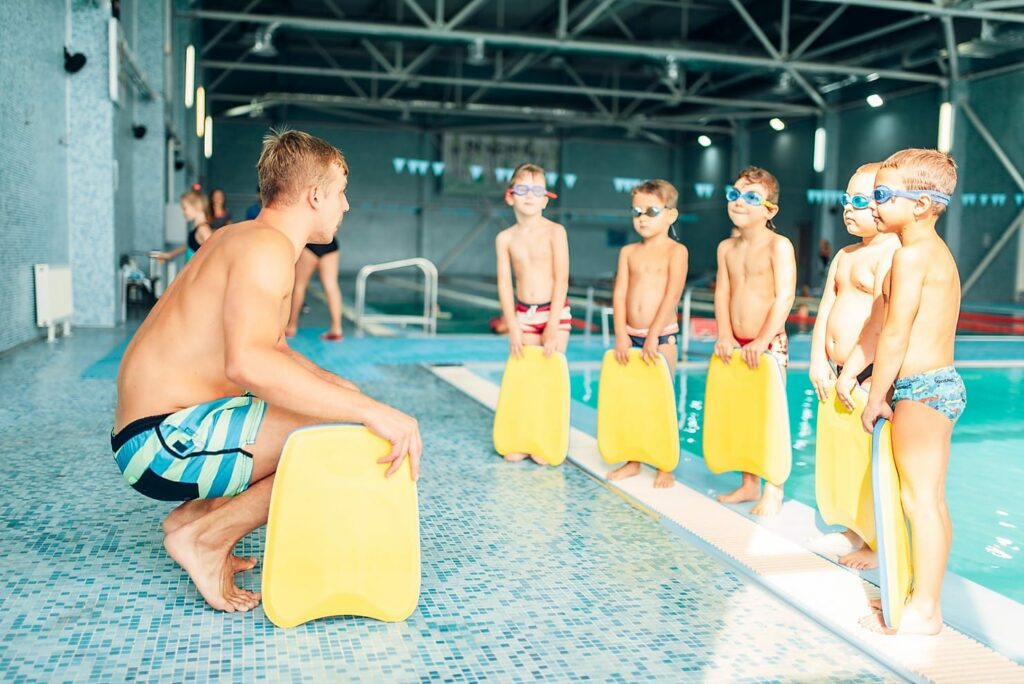From an early age, a child’s way of relating to others is determined by his or her temperament, which is partly genetically determined. However, his social skills continue to develop as he comes into contact with people and experiences, from family to school to hobbies.
Social development refers to the ability to build positive, healthy and harmonious relationships with others.
This means being able to communicate emotions and manage them well, taking into account the point of view of others before acting, resolving conflicts, cooperating and participating in group life.

Sport helps improve academic performance and social skills
DOWNLOAD OUR FREE E-BOOK
The social aspect is very important at the dawn of school. The children will have to face
much larger sphere than the micro-society in which they had evolved until then, in the
within the family circle or childcare services.
Favoring early intervention will help a child develop his or her abilities; it’s by
meeting new people, rubbing shoulders with different social worlds and
that a child will enrich his or her social life and develop self-confidence.
develop self-confidence
.
In the family, at school or during extracurricular activities, these encounters contribute to the
personal development, personality and social integration.
Here are some of the social skills that children are able to use before entering school
School:
Comply with instructions
Playing in interaction with others
Act differently in front of a stranger or a person in authority
Accepting compromises
Use various forms of politeness
Show pride in their achievements
Recognize, name and control their emotions
Living in a community, showing importance for others
Social behavior is learned from an early age. Children need
tools, passed on by their families or teachers, to help them move towards the
school world.
Each child develops at his or her own pace. After 5 years, he began to understand
social and family rules. Emerging behaviours :
Seeking adult approval and trying to please
Cooperate within a group (with adult support)
Assert yourself, speak in public with ease
Rivalry and conflict
Working on a group project
Be competitive and compare your abilities
Be able to apologize and find gestures of reparation (tenderness, gift…)
Children become increasingly aware of their strengths and differences. Like
marker of his social development, we’ll be observing his ability to make friends, to
to get along with others, work as a team and be a good leader – and help him to do so.
to develop.
Extracurricular activities have been shown to improve academic success for
children (
V
oir eBook on the benefits of extracurricular activities
). During an activity, and
particularly physical, children develop many of the skills that will make them
best adults: discipline, determination, humility, team spirit, communication,
perseverance, self-sacrifice, emotional management…
Outside the family environment, children learn to adjust their actions to those of others. It’s when children develop a sense of belonging to a team that they better understand the need to respect the rules and be true to their commitments.